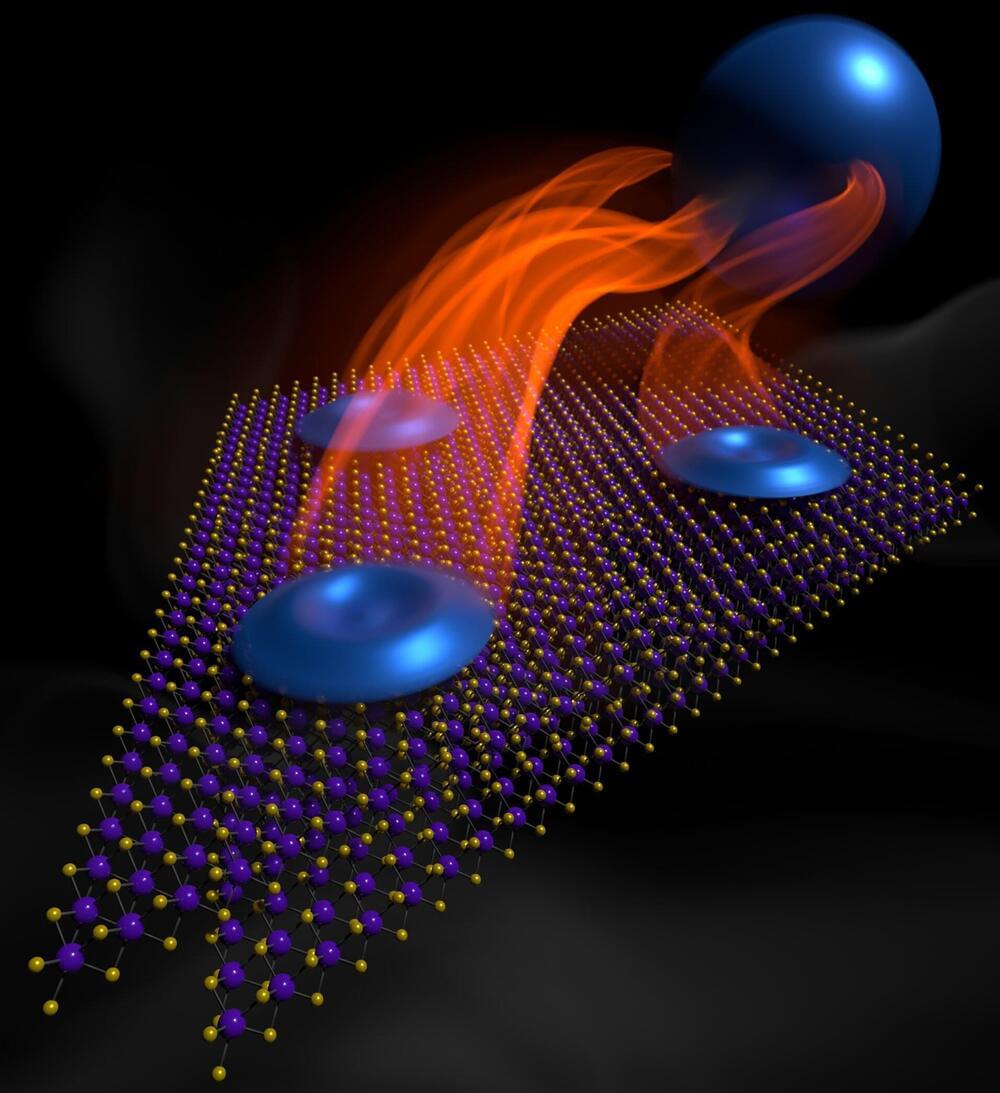Quantum computing could revolutionize our world. For specific and crucial tasks, it promises to be exponentially faster than the zero-or-one binary technology that underlies today’s machines, from supercomputers in laboratories to smartphones in our pockets. But developing quantum computers hinges on building a stable network of qubits—or quantum bits—to store information, access it and perform computations.
Yet the qubit platforms unveiled to date have a common problem: They tend to be delicate and vulnerable to outside disturbances. Even a stray photon can cause trouble. Developing fault-tolerant qubits—which would be immune to external perturbations—could be the ultimate solution to this challenge.
A team led by scientists and engineers at the University of Washington has announced a significant advancement in this quest. In a pair of papers published June 14 in Nature and June 22 in Science, the researchers report that in experiments with flakes of semiconductor materials—each only a single layer of atoms thick—they detected signatures of “fractional quantum anomalous Hall” (FQAH) states.
